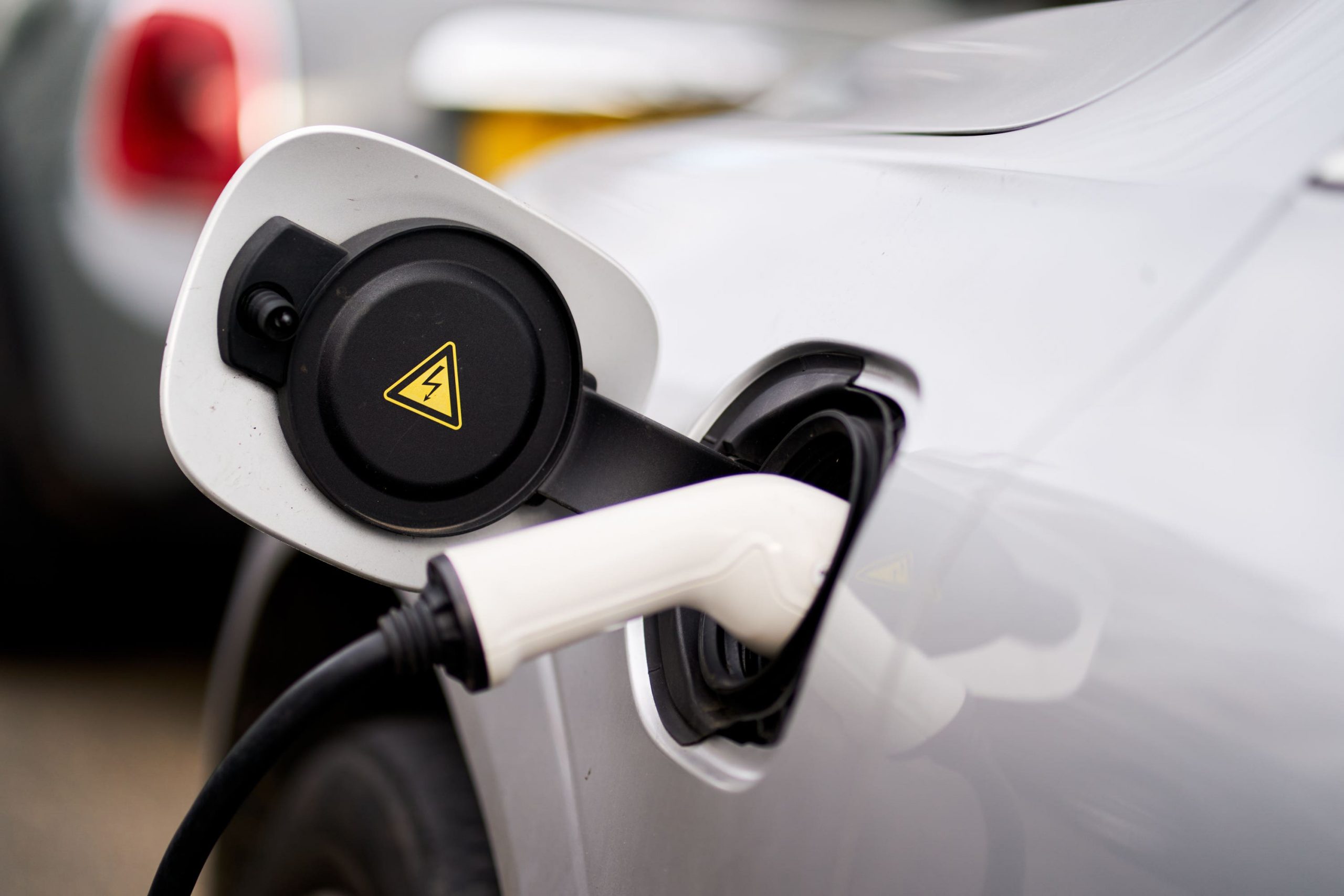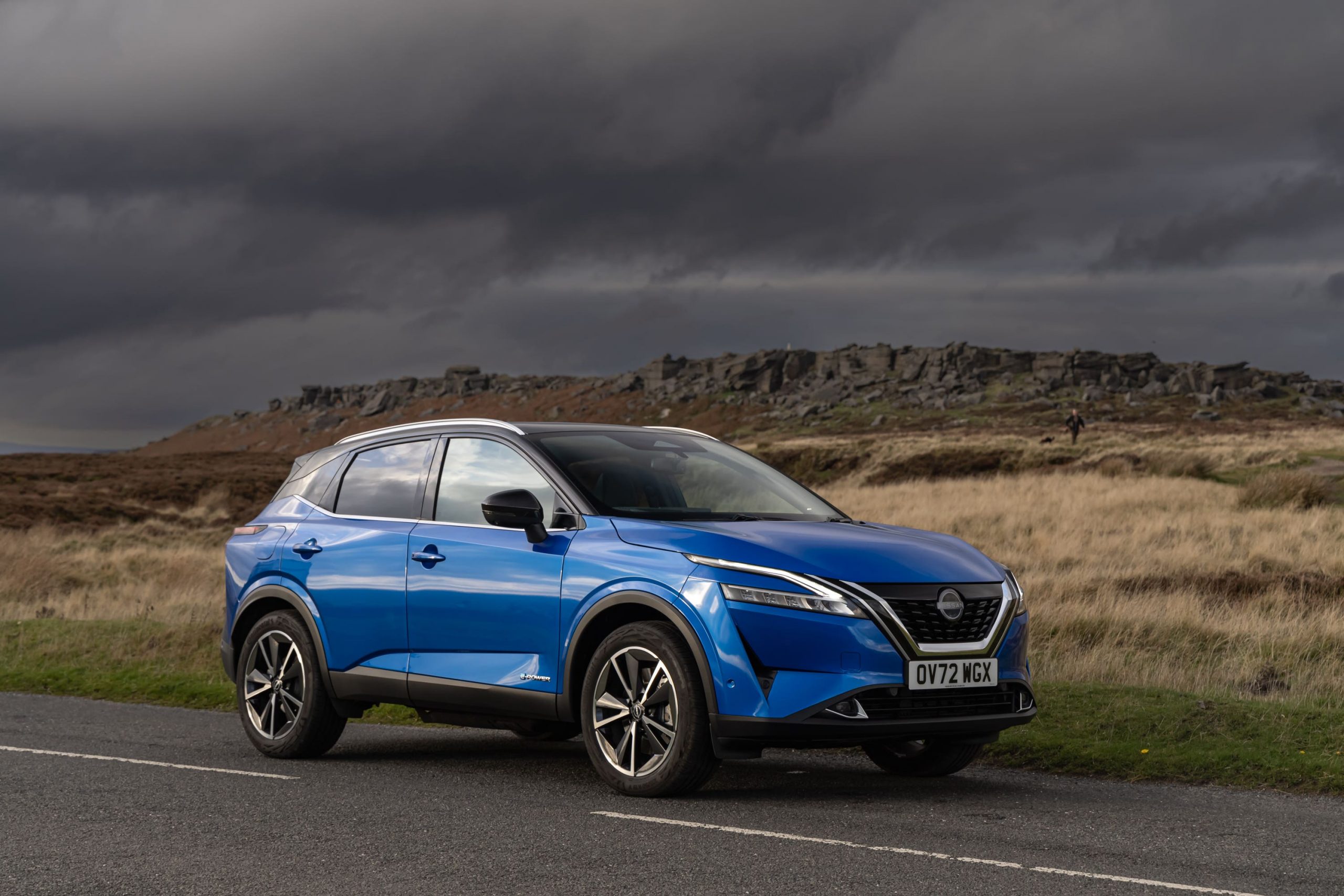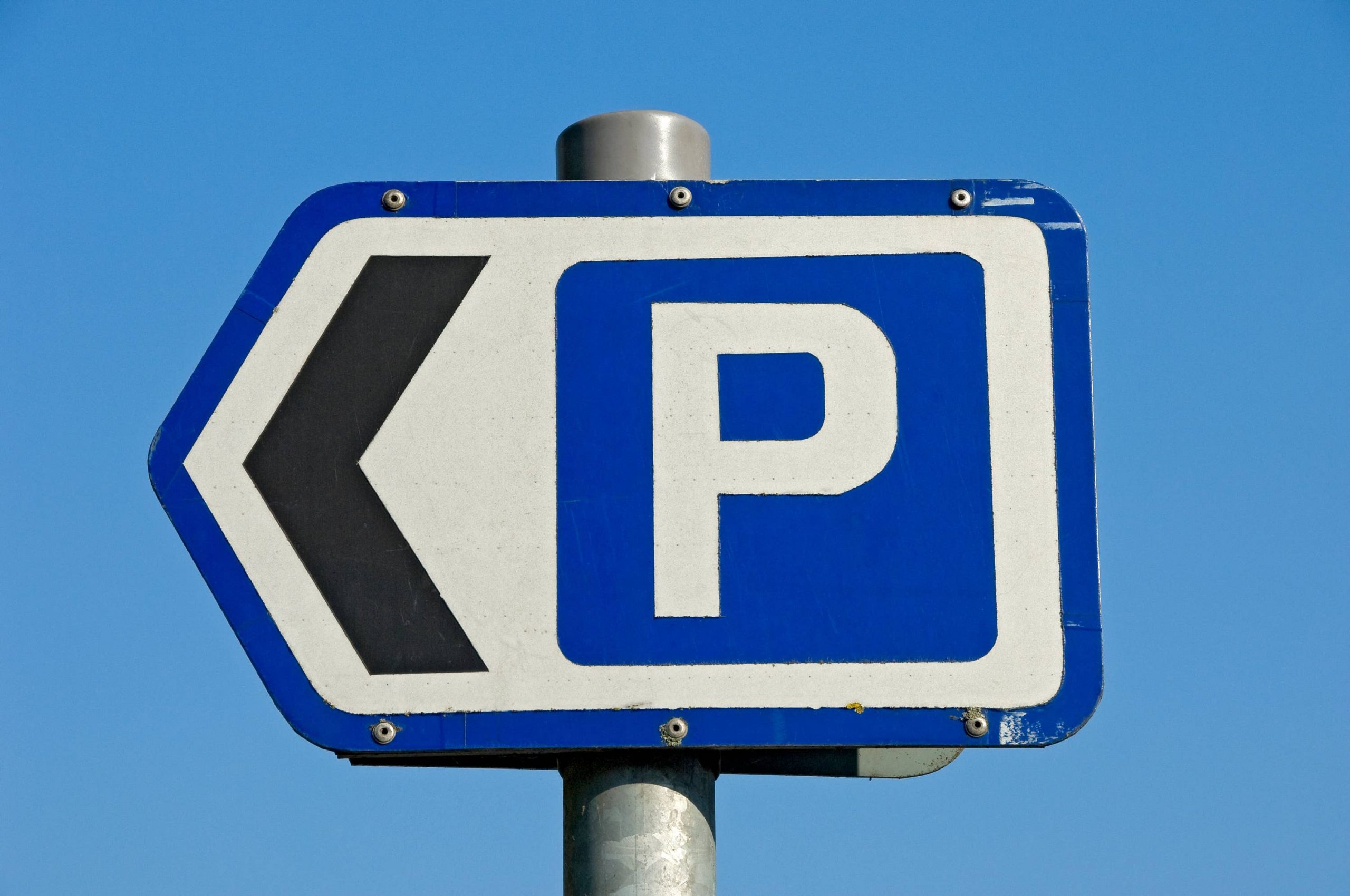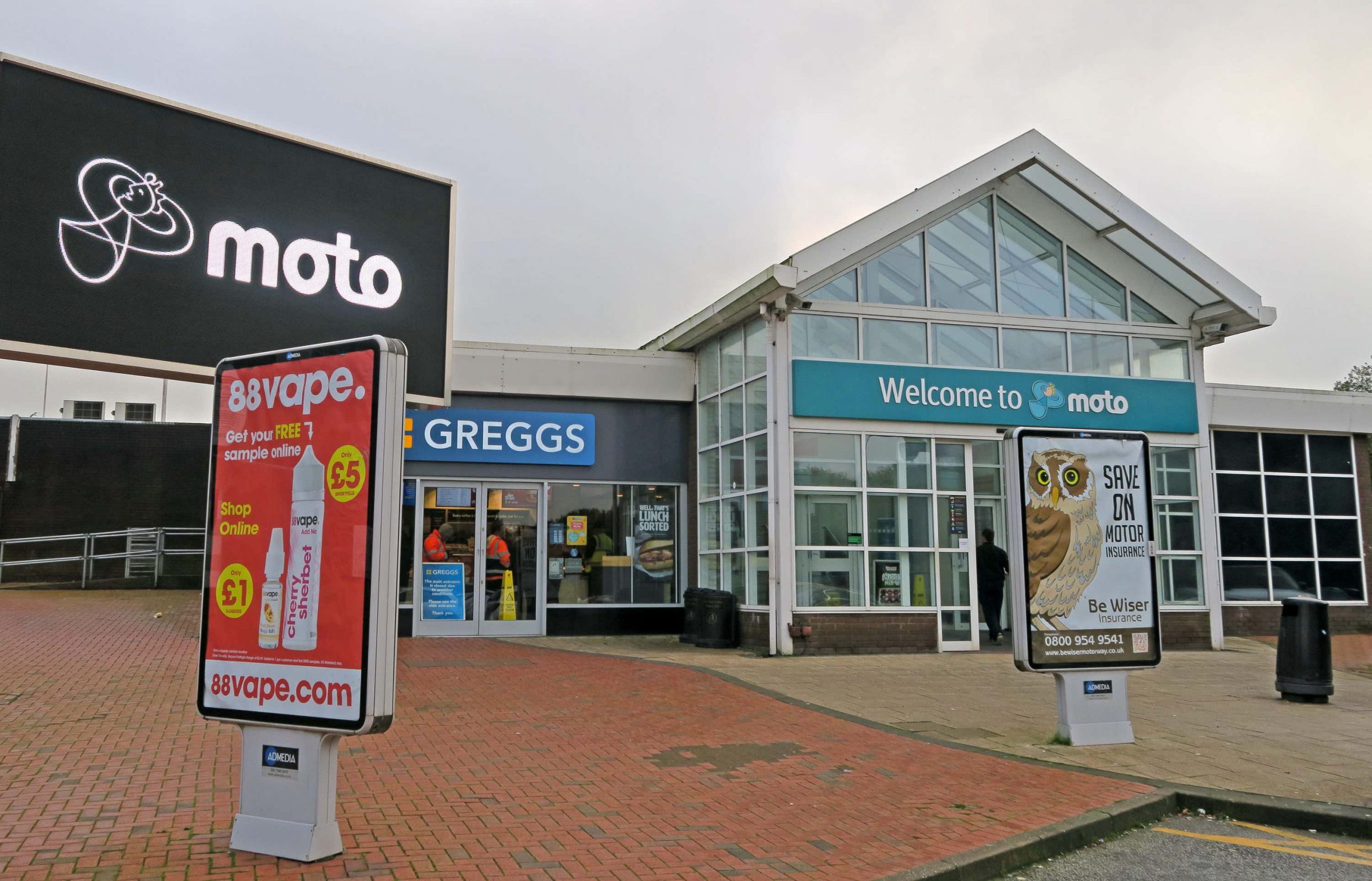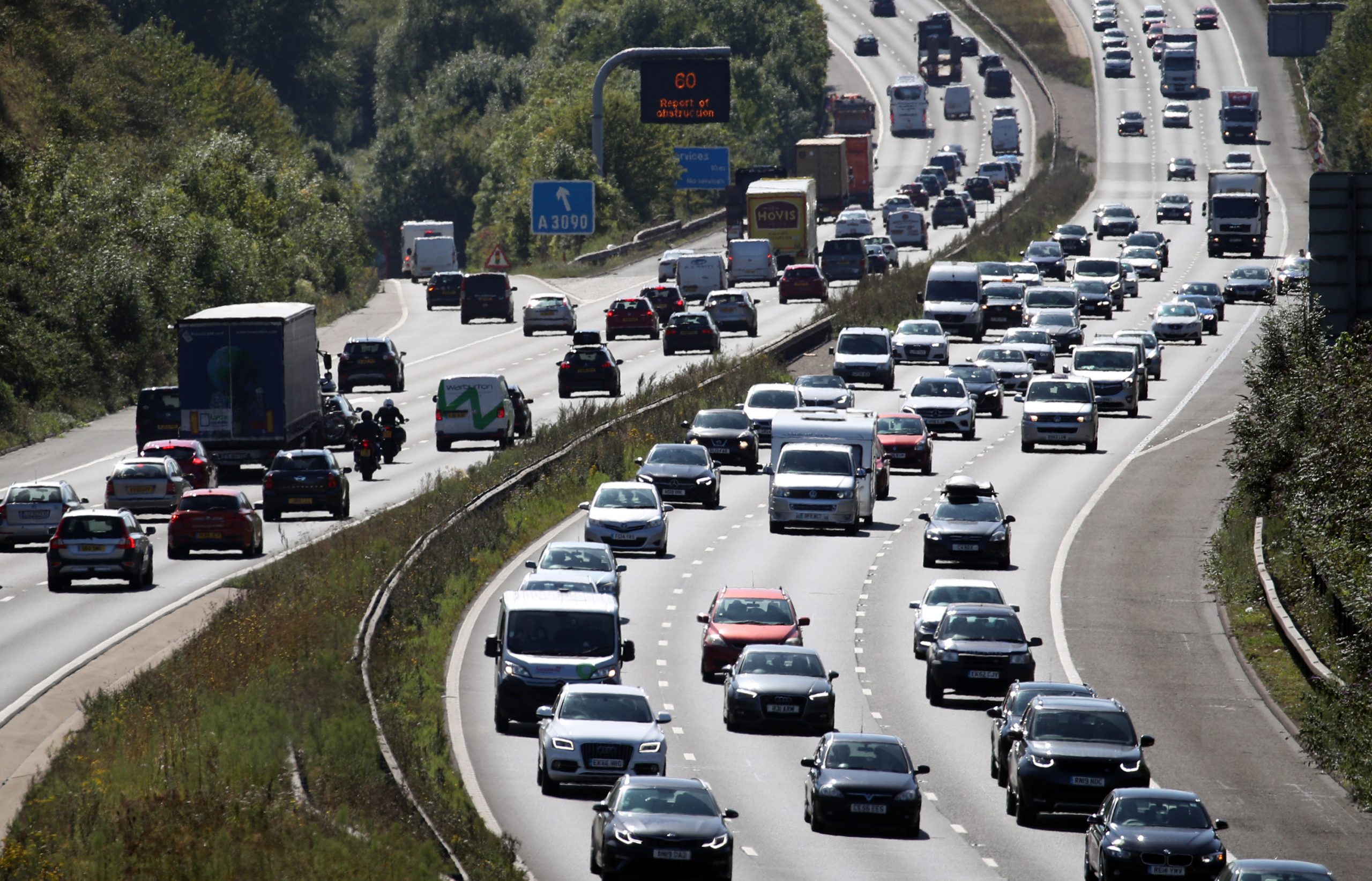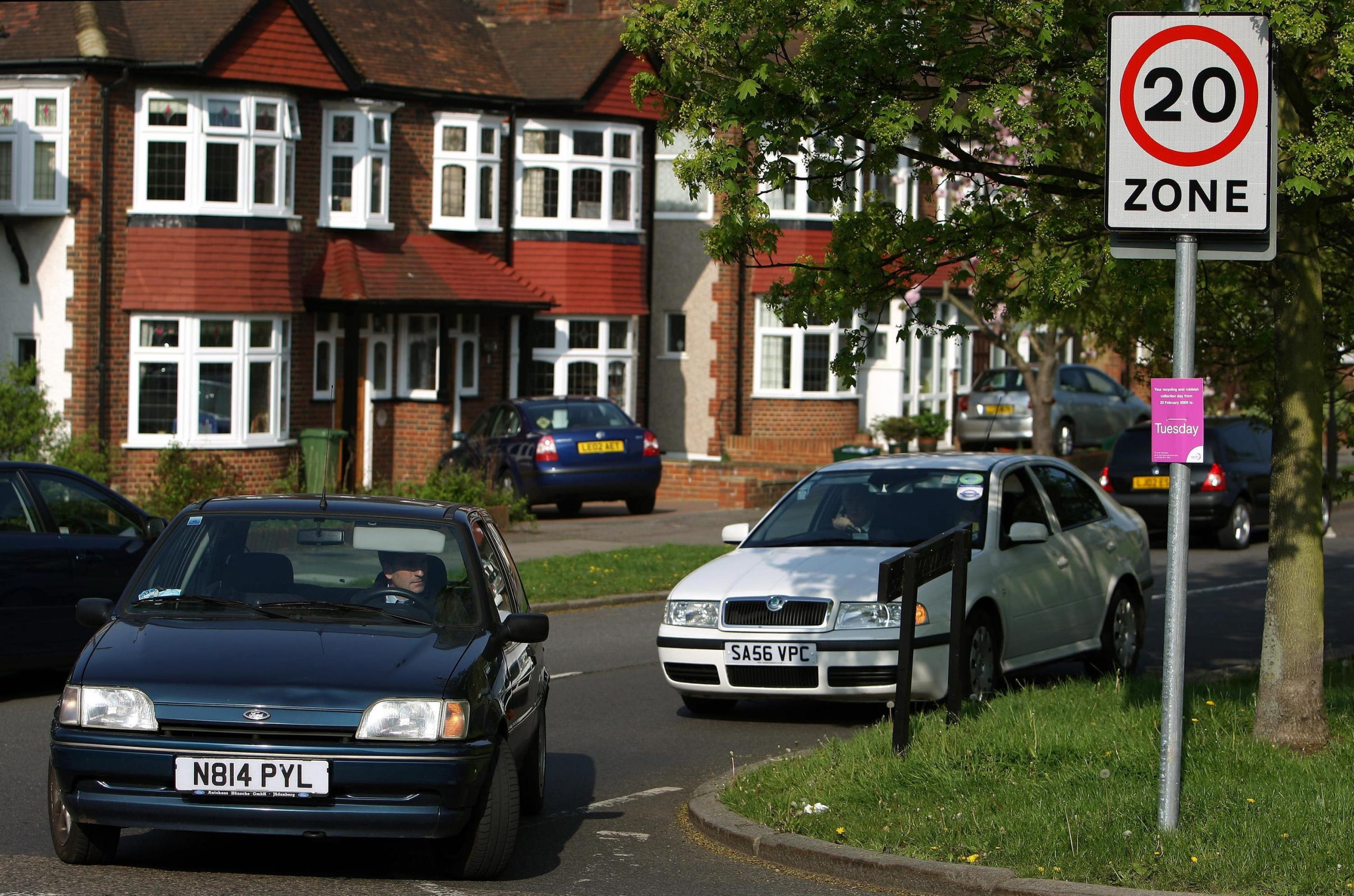Electric vehicle (EV) buyers face a £3,400 price hike from the start of next year unless post-Brexit trade rules are delayed, an automotive industry body has said.
The Society of Motor Manufacturers and Traders (SMMT) has called on the UK and EU to postpone the implementation of tougher rules of origin requirements on EV batteries.
Tariffs of 10% are due to be imposed on exports of electric cars between the UK and EU from January 1 if at least 45% of their value does not originate in the UK or EU.
Manufacturers will struggle to meet that threshold as battery production within Europe has not increased as quickly as hoped.
The SMMT estimated the tariffs could result in an average price rise of £3,400 on EU-manufactured pure battery electric vehicles bought in the UK.
Nearly half (49%) of all pure battery electric vehicles bought by UK buyers are from the EU.
The SMMT said conventional petrol and diesel vehicles would escape tariffs, which would “have the perverse effect of incentivising the purchase of fossil fuel-powered vehicles”.
It described a three-year delay in implementing the new rules of origin requirements as “a pragmatic solution” as it would allow time for European battery production to ramp up.
Speaking before an SMMT virtual global trade conference, the organisation’s chief executive Mike Hawes said: “UK automotive is a trading powerhouse delivering billions to the British economy, exporting vehicles and parts around the world, creating high value jobs and driving growth nationwide.
“Our manufacturers have shown incredible resilience amid multiple challenges in recent years, but unnecessary, unworkable and ill-timed rules of origin will only serve to set back the recovery and disincentivise the very vehicles we want to sell.
“Not only would consumers be out of pocket, but the industrial competitiveness of the UK and continental industries would be undermined.
“A three-year delay is a simple, common-sense solution which must be agreed urgently.”
A Government spokesperson said: “We need a joint UK-EU solution to avoid consumers facing tariffs on electric vehicles from 2024 which do not apply to petrol and diesel cars.
“We have raised this with the European Commission and industry and are ready to work with them to find a solution within the existing structure of the Trade and Cooperation Agreement. The UK remains one of the best locations in the world for automotive manufacturing.”

